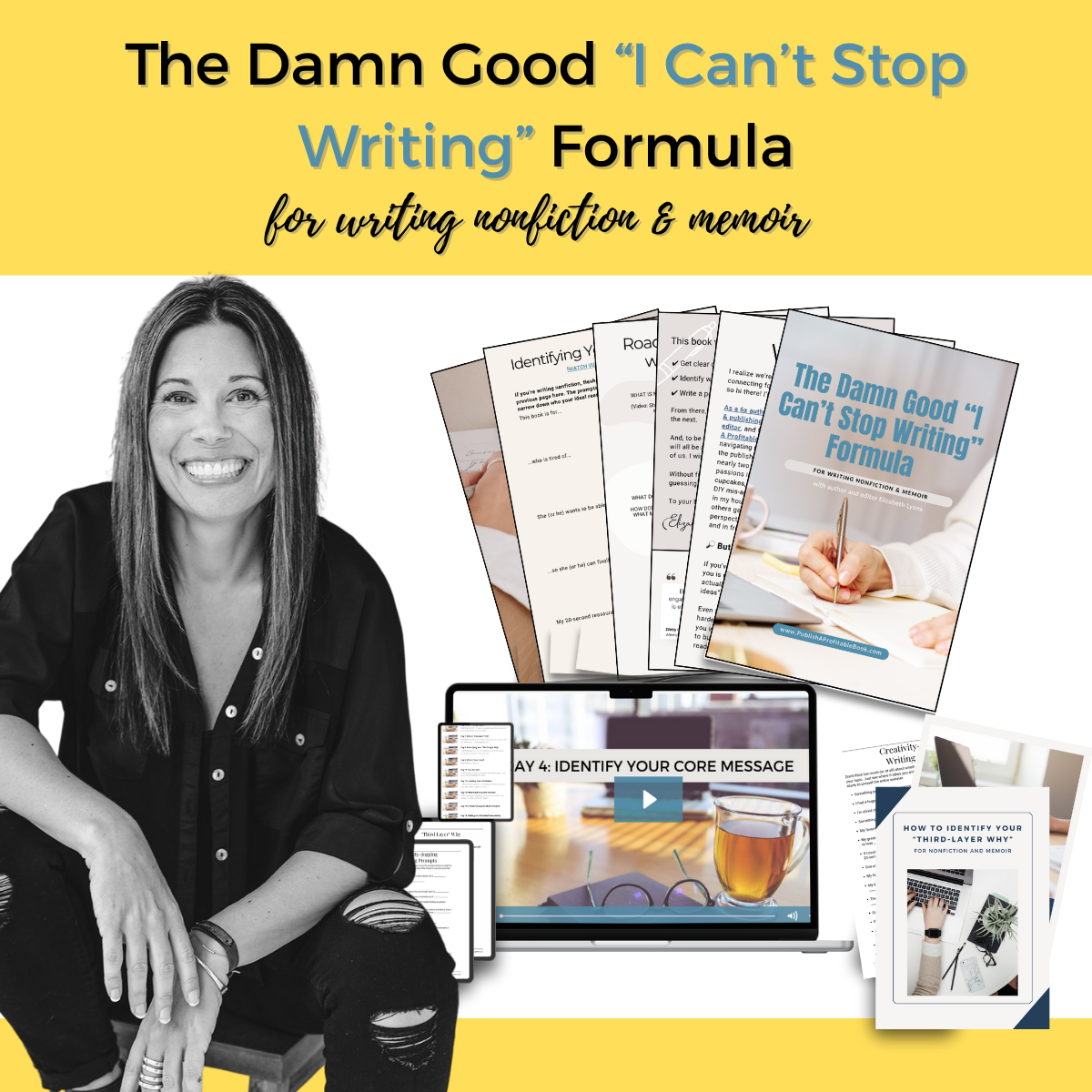[Book Publishing 101] Traditional vs Independent vs Self-Publishing

Perhaps you're at the beginning of your book writing journey, wondering how to get all 87,367 thoughts out of your head and onto the page. (If that's the case and you'd like to get a strong start, click here for my workshop, Book Outlines Made Simple!)
Or, maybe you're writing or even in the editing process and you're wondering, "What's next?"
Do you try to get a traditional publisher interested? Do you work with the hybrid-publishing arm of a traditional publisher or employ the services of another hybrid publishing house? Do you self-publish? What even are the differences between each approach?
If these are the questions that swirl in your head, this series has you covered. I promise.
In the first part of the Book Publishing 101 series, I'll talk about all 3 publishing approaches at a mile-high level just to help you get clear on what each actually is. From there, we'll explore the pros and cons of each approach in greater detail.
While I independently publish my own books and run a publishing house that I consider to be a hybrid publishing house, I'm not against any options available (as long as they are operated with integrity).
What I am against is authors not fully understanding the ins, outs, pros, and cons of each option in order to make the best decision for them and for their particular book.
You don't know what you don't know, so let's get you in the know!
Traditional Publishing
Traditional publishing is what's often perceived as "real" publishing. This is where your book is purchased by an editor at one of the Big 5 houses (Penguin/RandomHouse, Hachette Book Group, Harper Collins, Simon & Schuster, and MacMillan) or a subsidiary thereof.
There are also smaller "traditional" publishing houses, some of which pay authors a small advance and some don't, but they don't charge authors up front to publish their books.
It's not easy (or quick) to have the rights to a a book purchased by a traditional publisher, especially in the post-Covid landscape when many traditional publishers are heavily struggling with rising printing costs and distribution issues.
The key here is that these are well-established, well-known publishing houses that purchase the rights to publish a book from the author via an up-front advance and a publishing contract.
Discover the pros and cons of traditional publishing here.
Independent Publishing
Independent publishing consists of both vanity and hybrid publishers (sometimes also referred to as small presses, indie presses, or professional publishers). In essence, an independent publisher is one that you pay to publish your book. Many of the major houses have independent divisions (Hay House has Balboa Press, Zondervan has Westbow, etc.) you can hire to produce your book, and they will take an up-front fee as well as, in many cases, a percentage of book sales.
Self-Publishing
The name says it all!
Self-publishing is the approach by which you take care of everything that needs to be taken care of to get your book onto the market: writing, hiring an editor, hiring a cover designer, hiring an interior formatter, acquiring the ISBN(s), and uploading your book for sale through appropriate distribution channels.
I teach this entire process step-by-step in my flagship course, Publish the Damn Book Already.
Unfortunately, many still think of self-publishing as "less than," both in quality of author and quality of product -- after all, if your book were amazing, a traditional publishing house would surely want to publish it, right? (And, therefore, if you self-publish, it surely means that you just "aren't that good.")
While at one time this MIGHT (and I emphasize might) have been true, it hasn't been the case for many years.
Authors can absolutely publish a New York Times bestseller quality book themselves and retain full control over look, tone, distribution, and the majority of the profits. Since you're going to be doing 99.999% of the work to get the book out there, it seems only fitting that you retain 100% of the profit!
What's critical is knowing how to write and publish a book that is indistinguishable in quality from a NYT bestseller, which is exactly what I've been doing for 19+ years. While there are times when a traditional publishing contract might make more sense (if you're offered one), there has never been a better time to be a self-published author.
Discover the pros and cons of self-publishing here.
Want to Stay in the Know?
Sign up to receive the latest book industry news and updates!







